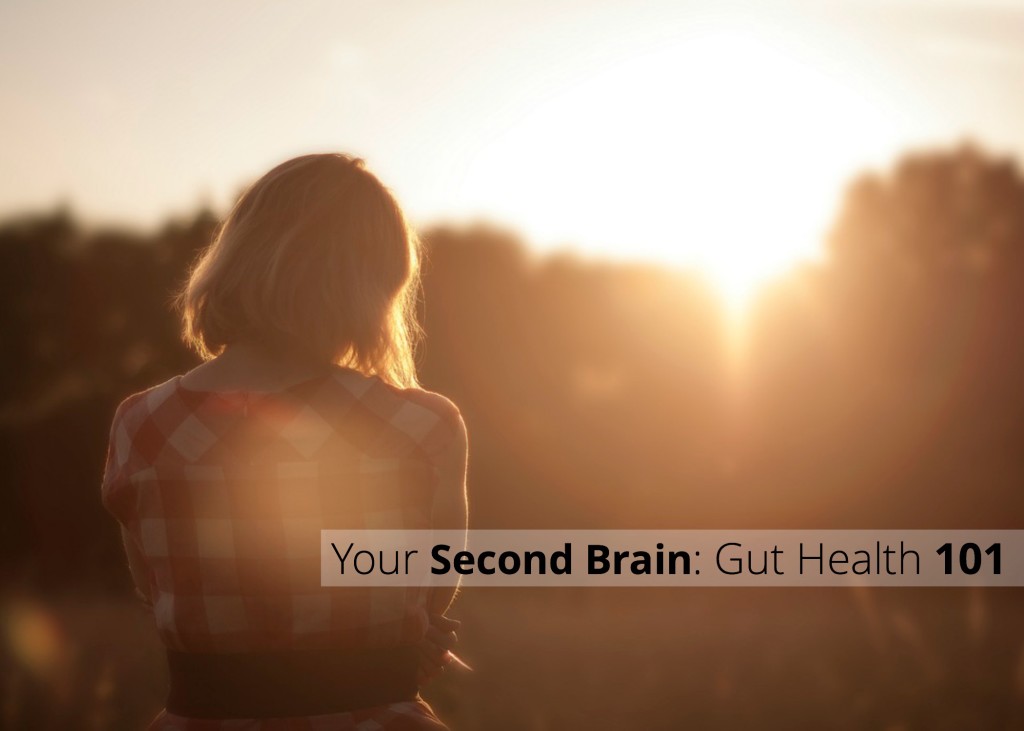 Maintaining adequate gut health directly effects how your body adapts to stress and illness. By tuning in to what our stomach is telling us, we are able to adjust our approach to what we are ingesting therefore bettering our overall mental health. Monitoring our diet and tailoring it to our unique body, to alleviate many symptoms, including depression, anxiety, and even weight gain is difficult to do alone. Carol Egan of Immersion Health is qualified to assist you in making the necessary changes your gut is begging you to address.
Maintaining adequate gut health directly effects how your body adapts to stress and illness. By tuning in to what our stomach is telling us, we are able to adjust our approach to what we are ingesting therefore bettering our overall mental health. Monitoring our diet and tailoring it to our unique body, to alleviate many symptoms, including depression, anxiety, and even weight gain is difficult to do alone. Carol Egan of Immersion Health is qualified to assist you in making the necessary changes your gut is begging you to address.
The Gut, The Bad, and The Ugly: Bacteria
Scientists who have been discussing the correlation between gut health and mental well-being have recently discovered that an imbalance in your stomach’s good and bad bacteria may be the cause. The good bacteria in your stomach assists in breaking down foods that are difficult to digest, as well as guarding against disease, food-borne pathogens, and cold causing germs. Your stomach’s “bad” bacteria is the result of an imbalanced amount of microbes, and can trigger allergies, depression, and various other illnesses.
Probiotics are the live bacteria contained in foods and supplements. If your diet is not providing your body with the essential probiotics required to balance your stomach’s inner flora, you may suffer from unnecessary discomfort. Though quality probiotics are available at many health food stores, we recommend that you include food choices rich in friendly flora, like fermented vegetables, kefir and kombucha, rather than relying solely on supplements.
I Have A Gut Feeling
When we get anxious, it is common to feel like our stomach is braiding itself into a rug. This twisting sense of unease is a reaction throughout your stomach’s nervous system, a network of more than 100 neurons or cells that transmit information through electrical connections; this network is often referred as the “the gut – brain connection,” and “The Body’s Second Brain.”
Your stomach contains more than 90% of your body’s entire seratonin supply, which delegates the highs and lows of moods. Michael D. Gershon, M.D., a professor of pathology and cell biology at Columbia University says, “Serotonin in the gut can mobilize inflammation, detect potential invaders, and essentially get the gut to mount a full-fledged defensive reaction.”





